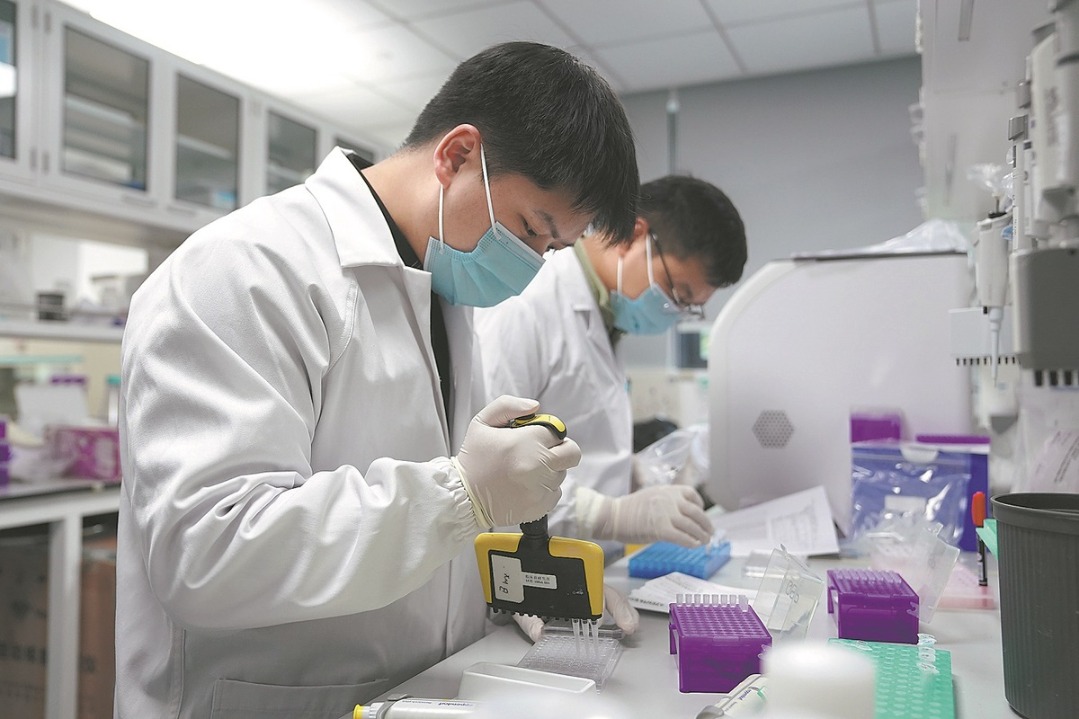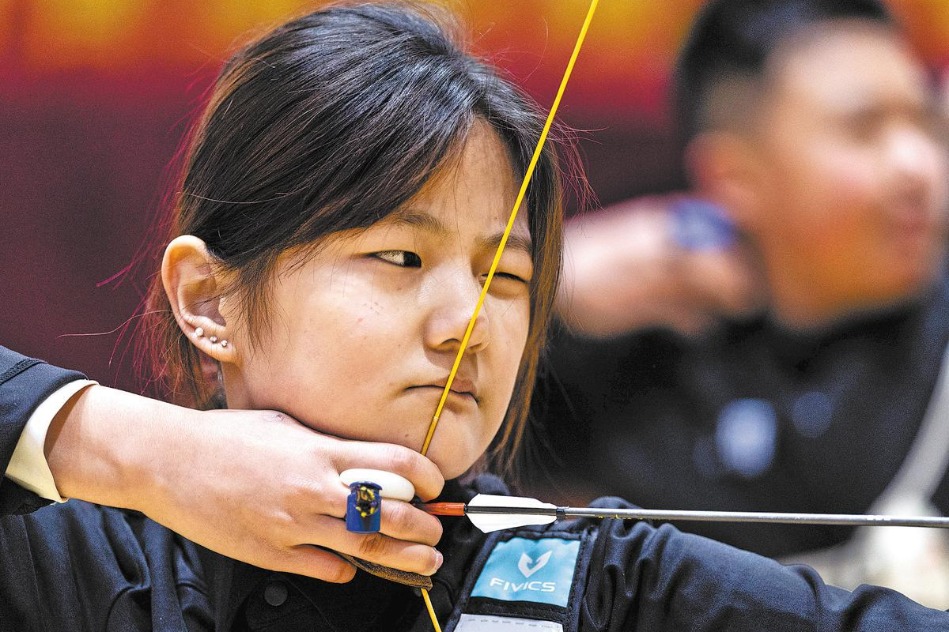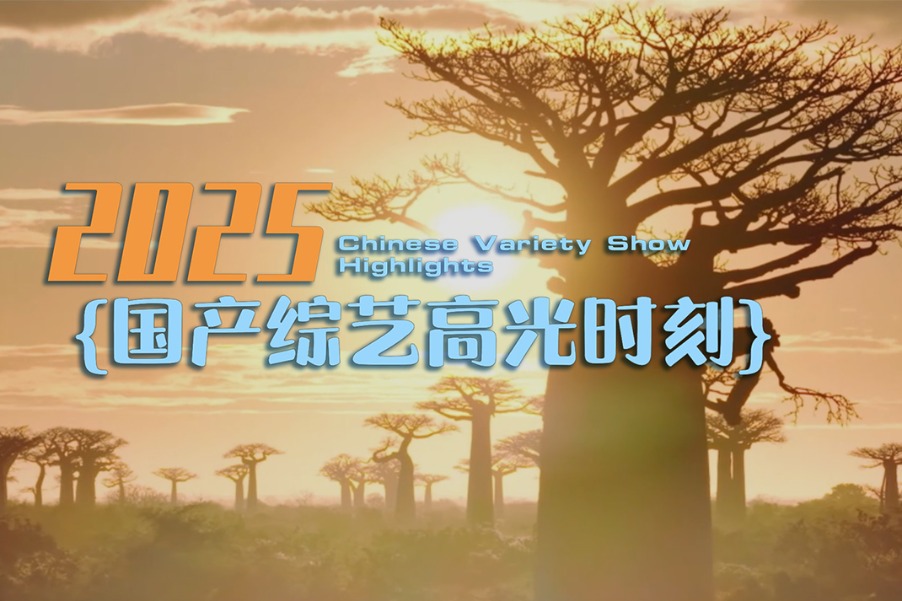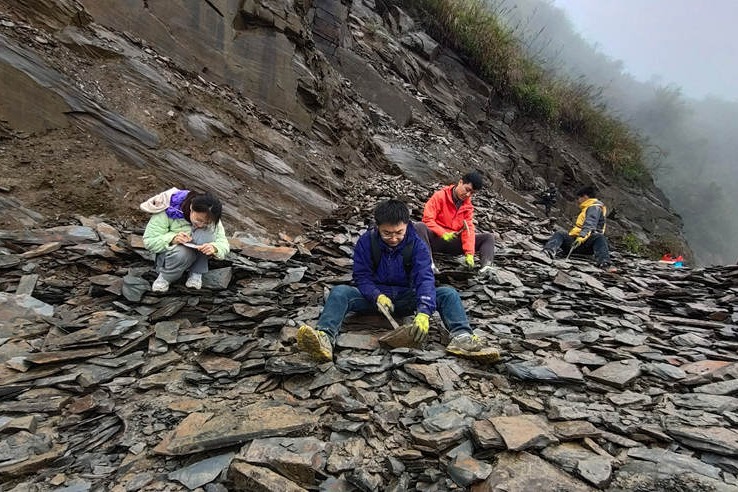Experts: Expectations low for Blinken's China visit

Any bilateral meeting between senior officials from the United States and China is always a welcome development, although expectations are low for a breakthrough in relations from US Secretary of State Antony Blinken's planned visit to Beijing.
The visit is seen as the follow-up to the in-person meeting between President Xi Jinping and US President Joe Biden in November, when they agreed to revive communications, increase practical cooperation and put relations on the right course.
Stephen Roach, a senior fellow at the Paul Tsai China Center of the Yale Law School, said he did not expect "any meaningful progress" to arise out of Blinken's trip to Beijing, as "too much damage has been done in recent weeks and months on the technology front to merit much optimism".
Roach also criticized the recent establishment of the House select committee on China, and news about US House Speaker Kevin McCarthy's potential trip to Taiwan, which "only adds further fuel to the tensions of conflict".
Asked what could be done to change the current trajectory, Roach said the first thing would be to take small steps in an effort to rebuild trust — focusing on relatively easy issues like the reopening of closed consulates, relaxing visa requirements, and restarting student foreign exchange programs.
"Climate, technology and military tensions are much tougher to resolve. The easier steps noted above must be tackled first. Only as trust starts to be restored will there be any chance to address these major sources of conflict," he said.
Jude Blanchette, the Freeman chair of China studies at the Center for Strategic and International Studies, said he didn't think "there should be many expectations" about significant breakthroughs from Blinken's trip, given how far the relationship has deteriorated over the past five years.
Scott Kennedy, senior adviser and trustee chair in Chinese business and economics at the CSIS, said public health and macroeconomics are among the areas where the two countries have common ground and need to expand collaboration.
"Even if we don't make progress, just the expansion of conversation and dialogue I think is a good thing and should be welcomed as at least progress in the functioning of the relationship, because the level of communication so far has been so unbelievably low, unprecedented, as far as I can remember," Kennedy said at a briefing on Monday previewing Blinken's China trip.
Blinken first visited China in 1996 in his early 30s, when he was a member of the National Security Council staff during the administration of then US president Bill Clinton. He then traveled to Beijing on Feb 10, 2015, as deputy secretary of state under then US president Barack Obama.
China has made it clear on many occasions that the US cannot demand communication and cooperation from China while it continues to interfere in China's internal affairs and hurts its interests.
Two senior diplomats at the Chinese embassy in Washington also recently noted that the priority to deal with bilateral relations, just like driving, is not building "guardrails" to prevent accidents, but setting "guidelines" for safe traffic.
Analysts in Washington and beyond have highlighted the importance of focusing on reengagement and improving coordination.
At a discussion entitled "Blinken's Trip to Beijing: US-China Relations at a Crossroads", held by the Quincy Institute for Responsible Statecraft, Michael D. Swaine, senior fellow of the institute's East Asia Program, said he would suggest Blinken "skip all the initial windup" that he had in the past in his discussions with the Chinese.
"And first and foremost, I would say, Secretary Blinken, you really need to reengage and address with the Chinese how to improve efforts at crisis prevention and crisis management. This has never been more important in this relationship," he said during the webinar on Monday.
Henry Paulson, secretary of the US Treasury from 2006 to 2009, wrote in an article published in Foreign Affairs on Jan 26 that "to improve coordination, Chinese and US decision-makers should meet more frequently and talk much more candidly".
Today's Top News
- Xi calls on China, Britain to jointly advocate, practice true multilateralism
- Xi says China will never pose threat to other countries no matter how it grows
- Xi meets British PM in Beijing
- China expects largest-ever Spring Festival travel rush
- 2025 border crossings hit record high
- Central SOEs key engines of 'AI Plus' industrial push






























